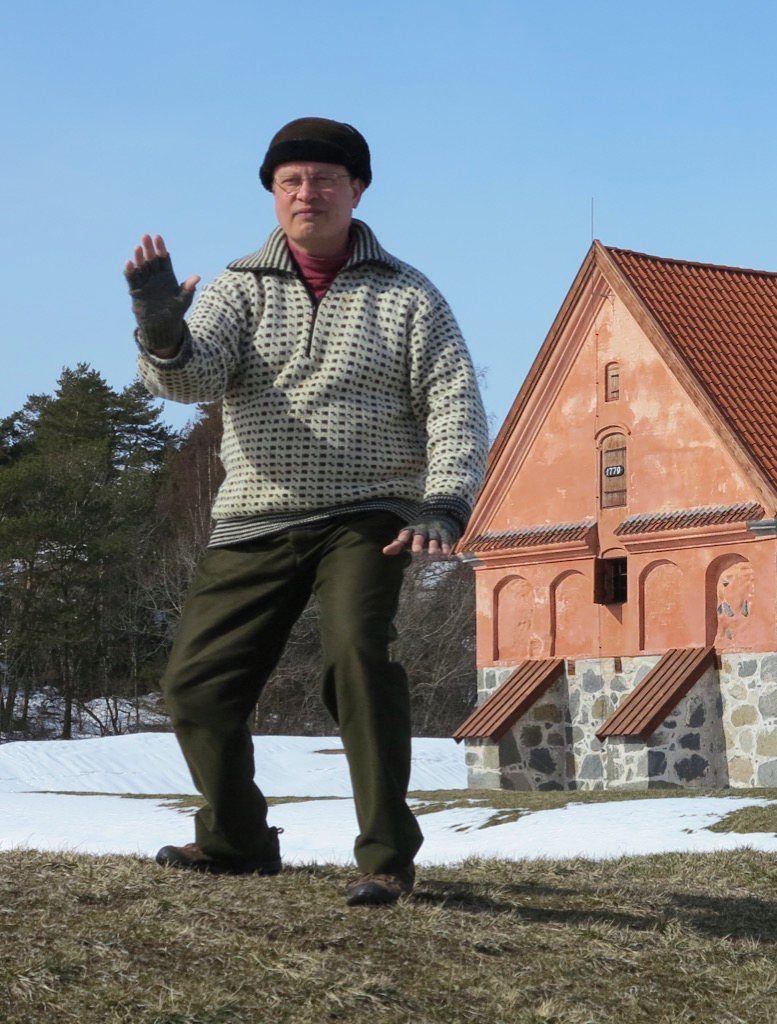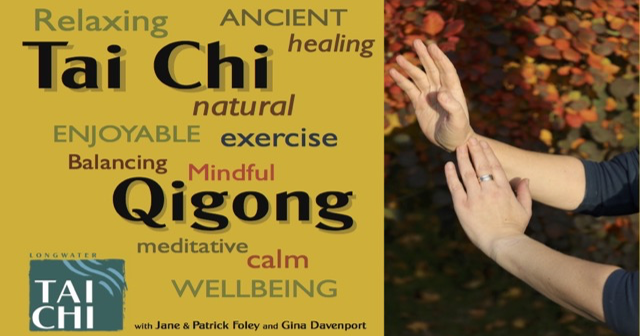Yang Style Taijiquan - Downton

A new Tai Chi form to learn!

The Masich Internal Arts Method (MIAM) Five Section Taijiquan program material is designed to be flexible and fun, ideal for beginners to get a well grounded introduction to traditional Tai Chi, who may then decide to take on the more difficult challenges of the full curriculum.
This term we will continue our study of the 24-step Yang style form, based on a thorough understanding of core principles. Learning to create correct alignment in the body, free the mind through breath and calm, and move intentfully are all part of authentive taijiquan (Tai Chi) practice. Part of this study requires we work with partners to develop greater sensitity to the subtle energies at play when we jion with the taiji process. None of our partner work is designed to be competitive.
Cost: £10
60 minutes of exercise. These sessions are currently open to beginners but please
Led by Patrick Foley, Senior Instructor Tai Chi Union of Great Britain, Indoor Student of Master Sam Masich.
We cannot offer refunds for non-attendance under any circumstances; nor can we re-schedule classes for you at the last minute. We trust you will understand this is now a necessary step for us to reduce admin.
Switch to TABLE VIEW if you wish to register for several classes together.
The 24-step Yang Taijiquan Form
The 5 Section version of the 1956 ‘Beijing Simplified 24 Taijiquan’ follows the same sequence but has been adapted to offer beginners easier access to the taijiquan ‘core-principles’ that inform other parts of the 5 Section Taijiquan curriculum.
Wuduan Yang-shi Taijiquan is a short ‘Yang-style’ Solo Bare-hand Form that provides the structural foundation for the 5 Section Partner Bare-hand Form, the 5 Section Solo Sword Form and the 5 Section Chen-style Solo Bare-hand Form each of which can be studied as an intermediate level follow-up.
Like many forms of taijiquan, traditional and modern, the 5 Section Solo Bare-hand Form is based on movements commonly found in traditional Yang-style taijiquan. By learning it, students are preparing themselves for studies in many other areas of the art. Because of its strong focus on core-principles this easy-to-learn form can also be used by students of any style as a way of revisiting taijiquan basics.
What is Tai Chi Connection work?
Taijiquan, in its essence, is a partner activity. Traditionally speaking, solo forms and exercises are meant to prepare for two person work. While practitioners can learn and experience many positive results from solo work, far greater benefit comes from applying principles while in physical contact with another taiji player. It can fairly be said that without partner connection the essence of taiji is missing.
For various reasons partner work does not appeal to everyone and many enthusiasts have had unhappy experiences with taiji push-hands or martial applications work. The purpose of wuduan jue-shou or 'sensing-hands' is to open up a tactile dialogue which includes communication through touch, transformation of energy and movement through relaxation. By focusing attention on the basics of making and maintaining partner connection (rather than on competitive outcomes), jue-shou can help practitioners to transform what they have learned through solo work into a meaningful understanding of the art of taijiquan. Sensing-hands, as adopted by the 5 section program, is in fact authentic preparation for traditional taiji partner work.
Event Information
| Event Date | Wed 19th Jun 2024 - 7:20 pm |
| Capacity | 16 |
| Available Place | 12 |
| Individual Price | £10 |
| Location | Downton, Memorial Hall |



